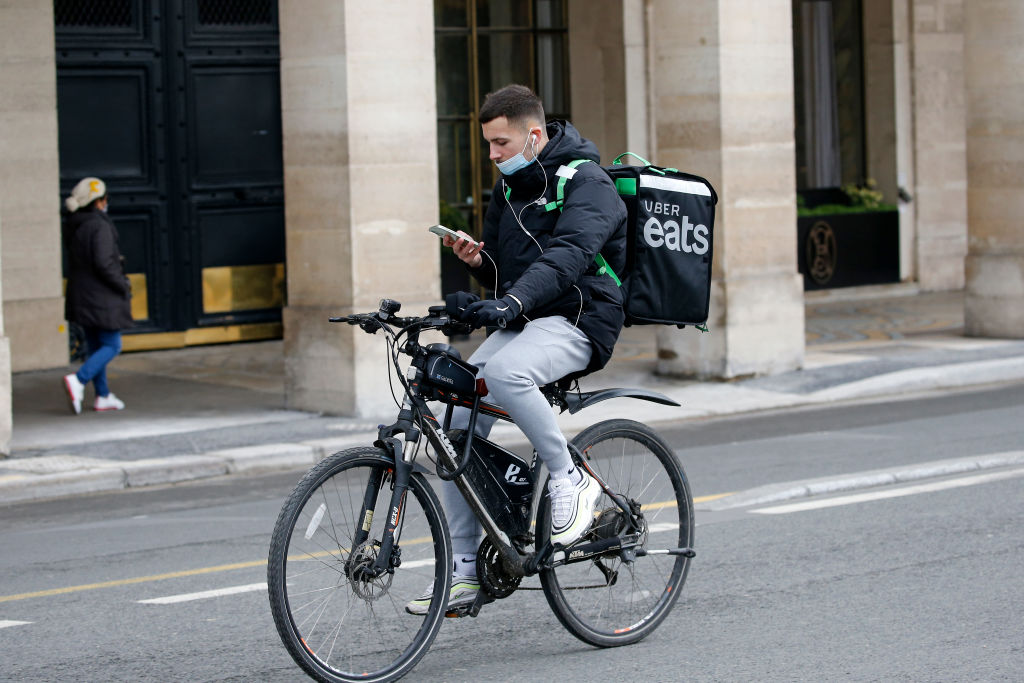The European Council of Ministers has given its final green light to provide additional legal protections for workers in the “gig economy”.
The European Union’s Platform Work Directive aims to protect people from automated decisions affecting their livelihoods in earning money through online services such as Deliveroo and Uber Eats.
Under the new rules, it will be illegal for companies to use a purely automated decision-making process to sack or dismiss people working on their platforms.
Instead, workers will be given the right to appeal any automated decision they are subjected to, with platforms being required to enable such systems to be monitored by “qualified staff”.
“The directive will make the use of algorithms in human resources management more transparent, ensuring that automated systems are monitored by qualified staff and that workers have the right to contest automated decisions,” a Council press release on the approval read.
Member States will also be mandated to put in place systems for determining whether someone working for such online platforms is experiencing “false self-employment” and should instead be constituted as a full employee and thus benefit from the additional workers’ rights such a categorisation entails.
European Union institutions have reached a provisional agreement on new rules aimed at protecting a subsection of “gig economy” workers within the bloc. https://t.co/fZH5CYNm5G
— Brussels Signal (@brusselssignal) February 9, 2024
Speaking in the wake of the deal, Pierre-Yves Dermagne, the Deputy Prime Minister of Belgium and the country’s employment minister, praised it as reaffirming “the social dimension of the European Union”.
“This is the first-ever piece of EU legislation to regulate algorithmic management in the workplace and to set EU minimum standards to improve working conditions for millions of platform workers across the EU,” he said.
Left-wing groups within the European Parliament were also quick to applaud the agreement.
Kim van Sparrentak, the Green MEP serving as one of the proposal’s shadow rapporteurs, described it as “a very important step in building a strong social Europe”.
“It manages to improve the working conditions of the most precarious workers despite millions spent on lobbying by Uber and other platforms,” she said.
Leila Chaibi, of Parliament’s The Left group, lashed out at some EU Member States whom she accused of trying to prevent the agreement from being signed.
She reserved particular derision for French President Emmanuel Macron’s Government, which, she said, had repeatedly tried to “torpedo” parts of the deal in service of Big Business.
“The Macron Government, which proclaims itself to be the champion of a ‘Europe that protects’, has shown here that, in reality, it is only protecting the interests of the lobbies,” she stated, arguing the country wanted to “serve Uber rather than the workers”.
“Thanks to our fight, we didn’t let Uber make the law in Europe.
“With this directive, millions of bogus self-employed people across Europe will be reclassified as employees,” Chaibi concluded.
The directive will now be subject to a final vote in the European Parliament in April. If it passes, EU countries will have two years to implement the reforms.
The European Commission has once again been accused of breaking its own data-protection rules. https://t.co/S0UJEicUEg
— Brussels Signal (@brusselssignal) March 11, 2024





